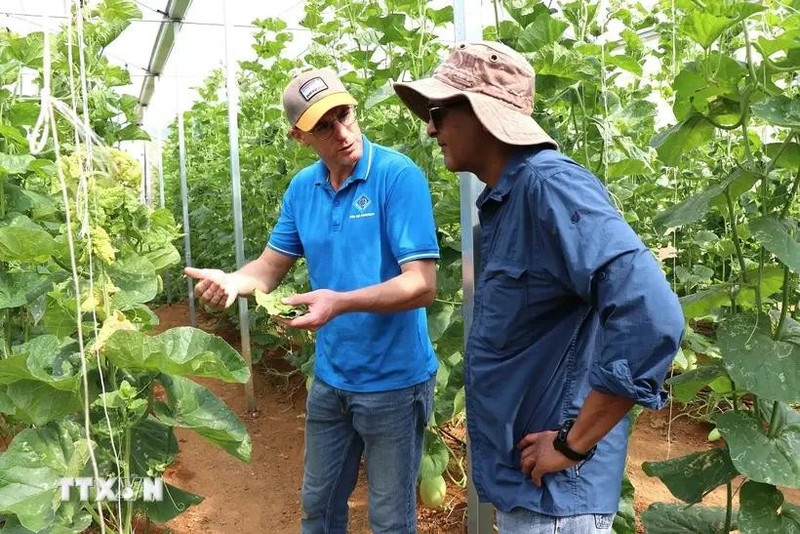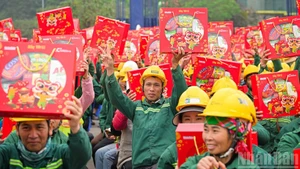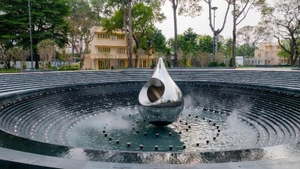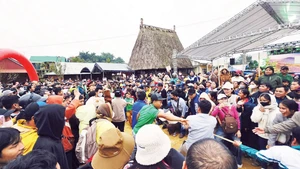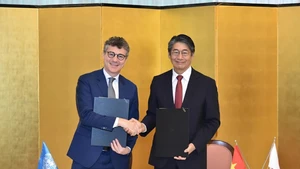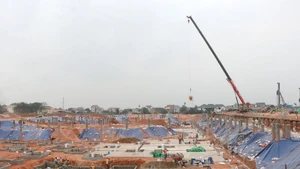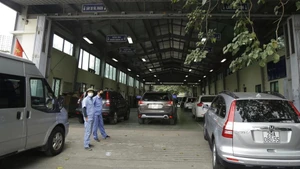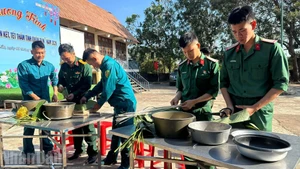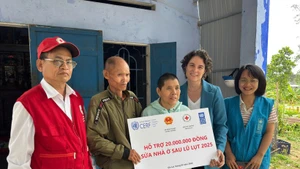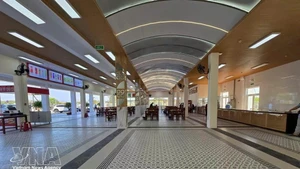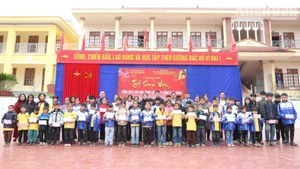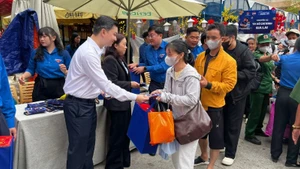Published on the threshold of a conference themed “How can we feed 10 billion people without destroying the planet?” that the journal will host in coordination with the Centre for International Cooperation in Agricultural Research for Development (Cirad) on November 25, the article tells how this mountainous region has become a frontrunner in Vietnam’s national initiative to transform the food and agriculture system.
Son La, now leading in ecological agricultural reforms, is part of Vietnam’s broader transition towards circular economies, reforestation, and reducing monoculture farming practices, the article said. This initiative is guided by the National Action Plan for the Transformation of the Food System launched in 2023 which focuses on promoting sustainable farming practices and combating environmental degradation.
One of the primary initiatives in Son La is the application of circular economy principles in agriculture, particularly in livestock feeding and fertilisation. The project, part of the "Ecological Agricultural Transformation and Safe Food System" (Asset) programme, was launched in 2020 and runs for five years. Asset is coordinated by Cirad and involves 15 Vietnamese and international partners, including research centres and government agencies. The programme is also being implemented in Laos and Cambodia with funding from the French Development Agency and the European Union.
The programme's success is illustrated by the voluntary participation of 30 villagers in Nam hamlet, a rural community in Son La, who are transforming their farming methods through circular agricultural practices. Pascal Lienhard, an agricultural engineer at Cirad, explains that the goal is to reinvest in livestock farming, which had been neglected due to the focus on monoculture, while proving that circular agriculture can increase farmers’ income. Additionally, six other villagers are learning to improve biodiversity and soil health on coffee plantations through agroforestry practices that help restore forest ecosystems.
Nam hamlet, nestled in a lush green valley, is home to around 100 wooden houses, the owners of many of which have adopted ecological farming techniques. The initiative aims to reconcile agricultural development with sustainability and environmental protection, which is facing significant challenges. Economic pressures, labour shortages, and climate change impacts have driven farmers towards intensive monoculture practices. Coffee farming, a key source of income in Ban Nam, occupies steep hillsides and accounts for 70% of the villagers' income. Yet, the density of coffee trees – up to 7,000 per hectare – worsens soil erosion and chemical runoff into nearby water sources.
Son La has also reformed its agricultural model significantly from 2015-2020, shifting away from soil degrading monoculture crops like maize and expanding fruit tree cultivation. Maize cultivation has been shrunk from 169,000 hectares to 70,000 hectares and fruit tree cultivation expanded from 29,000 hectares to 84,000 hectares. This shift prioritises both sustainability and profitability.
Alongside, the article also spotlighted another success model in Moc Chau district of Son La, with an Asset-launched initiative to brand the region of Moc Chau, connecting consumers to producers by showcasing ecological farming practices and promoting short supply chains through agricultural tourism.
